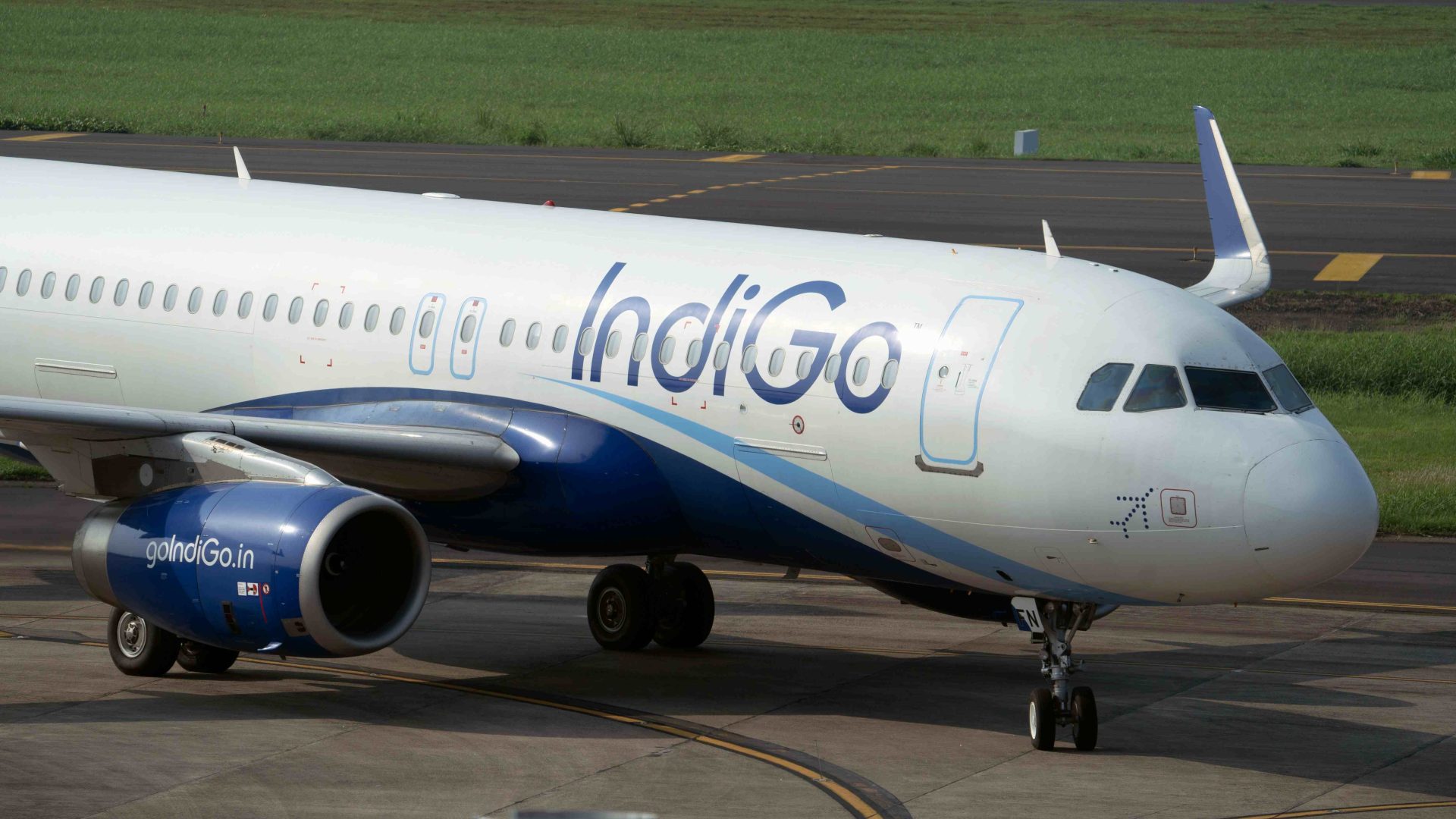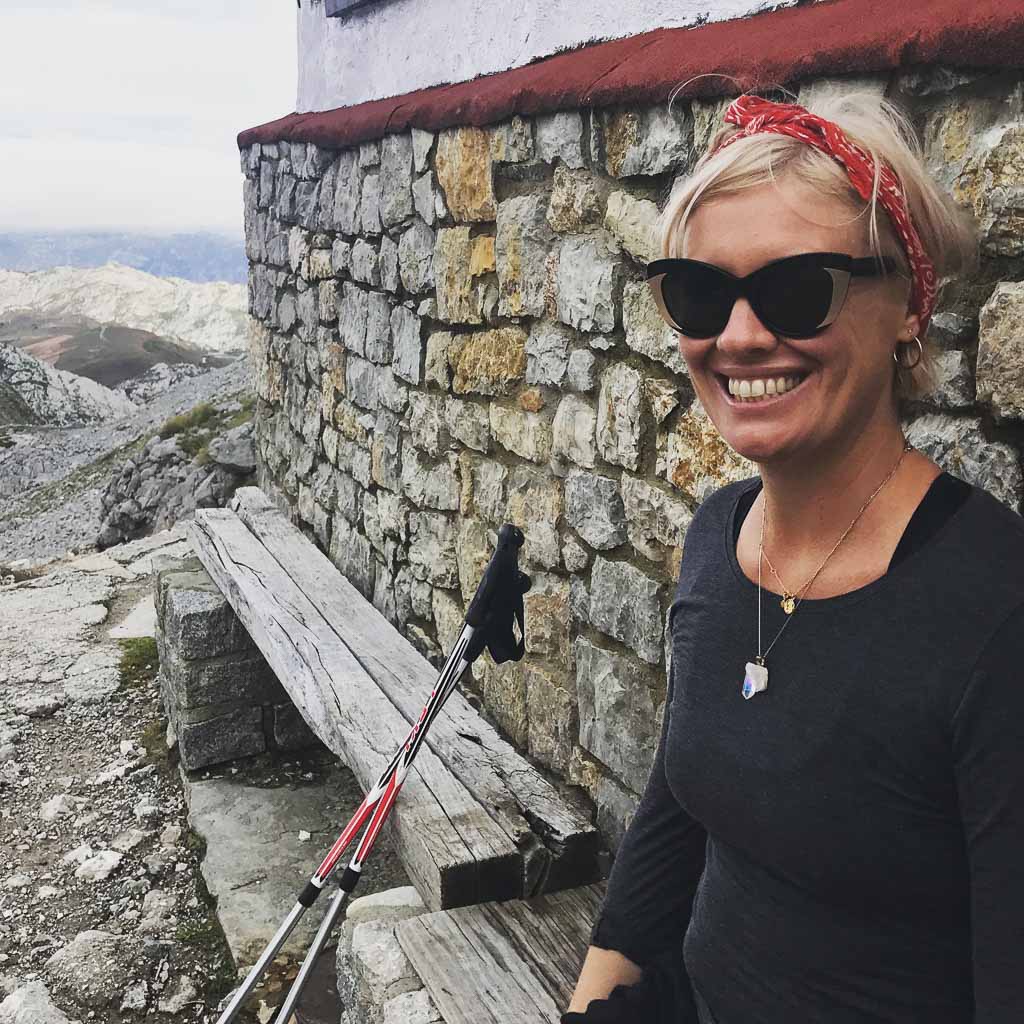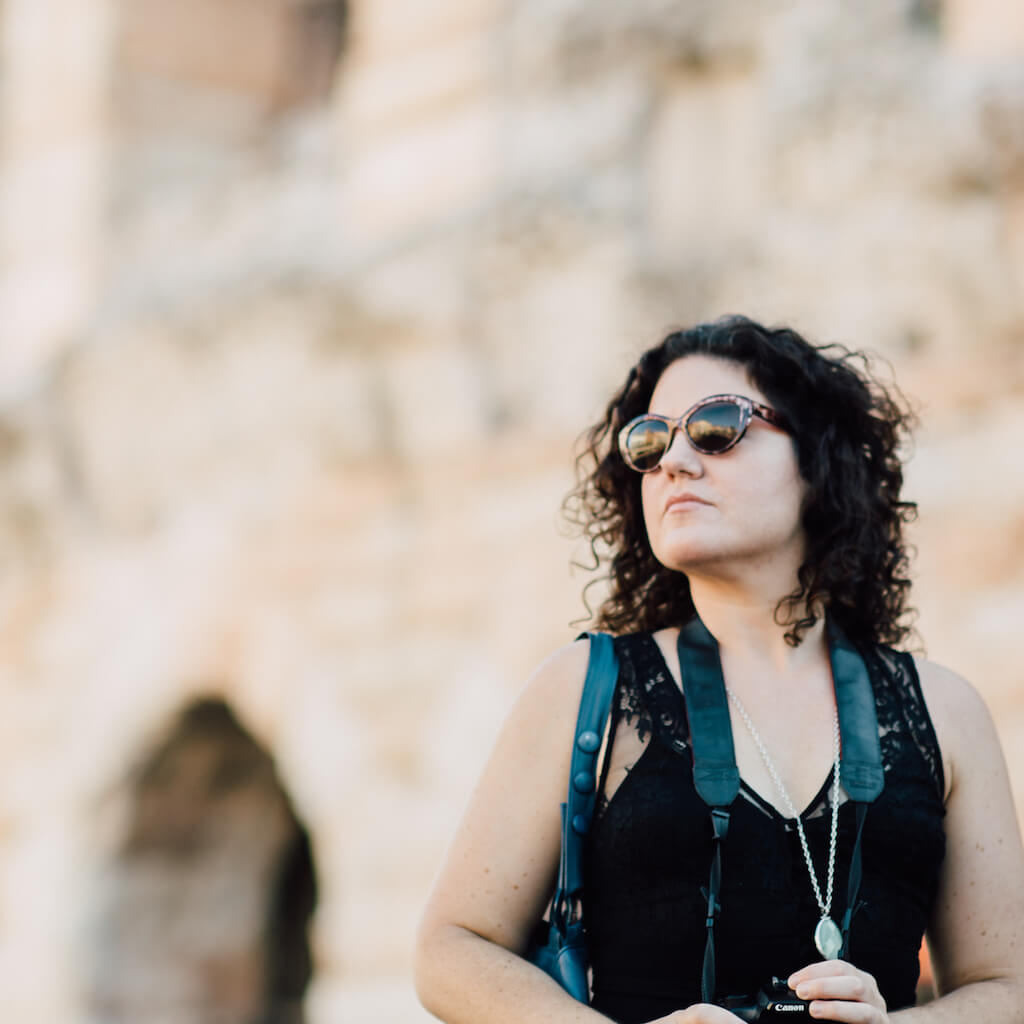
IndiGo Airlines, a budget carrier in India, is piloting a program to let women see where other female passengers are seated when they check in. Will it make flights safer?


IndiGo Airlines, a budget carrier in India, is piloting a program to let women see where other female passengers are seated when they check in. Will it make flights safer?
Women-only train cars have been well-established in cities around the world for many years. And as of last week, the concept has taken off—literally. IndiGo Airlines, a budget carrier in India, is rolling out a pilot program for female passengers to see where other women are sitting when they check in for their flights, so they can request a seat next to another woman.
“IndiGo is proud to announce the introduction of a new feature that aims to make the travel experience more comfortable for our female passengers,” the airline said in a statement, according to CNN. “We are committed to providing an unparalleled travel experience for all our passengers, and this new feature is just one of the many steps we are taking towards achieving that goal.”
IndiGo didn’t provide additional details about what’s motivating its new program, but CNN and other news sites speculate that it could be a response to groping and assault cases that have happened on airplanes. In 2023, a family sued Delta after a mother and teen daughter were groped by a man they claimed had been served at least 10 alcoholic drinks on the flight.
Over the years, many news agencies have questioned whether women-only train carriages actually improve safety. Cities that have established such policies include Tokyo, Mexico City, and Delhi, and many others have also floated the idea. In 2017, the BBC analyzed data from Tokyo before and after the city implemented women-only subway cars in 2004. In one year, reported incidents of lewd behavior toward women in the city had fallen by 3 percent—but harassment on train lines that had women-only cars rose by 15 to 20 percent. The BBC determined that the correlation was unclear, however, as it could have been a result of higher levels of reporting or an increase in incidents in mixed cars.
In 2022, Scotland’s then-transport minister, Jenny Gilruth, proposed making women-only cars on Scottish trains. She spoke of her own experiences on late-night trains where intoxicated men would “squeeze in beside you despite the fact that you’re surrounded by empty seats.” But the rail workers’ union, the RMT, told BBC Scotland that it would present a “logistical nightmare,” and that there weren’t enough staff to enforce such policies.
Regardless, women have reported feeling safer and less anxious in transit spaces where there are no men. And while it remains to be seen whether IndiGo’s new policy will work, or catch on outside of India, there is an obvious key difference between planes and trains: On trains that aren’t overcrowded, passengers can typically get up and move away from someone who is bothering them—and you have much more agency to get off at an earlier stop if needed. On planes, you’re stuck until landing, and you typically have to enlist the help of a flight attendant to get reseated.
One thing is clear: Harassment and assault happens on planes, and probably more frequently than most people might think. In April this year, the FBI issued a press release to raise awareness about sexual assault on planes, and noted that it had opened 96 such cases in 2023—and that’s just for the US. Most cases involved men as the perpetrators, the FBI noted, and women and unaccompanied minors were usually the victims.
“The attacks generally occur on long-haul flights when the cabin is dark,” the FBI said. “The victims are usually in middle or window seats, sleeping, and covered with a blanket or jacket.” Victims often report waking up to unwanted touching from their seatmate.
The FBI noted that perpetrators often prey upon people who have been drinking alcohol or who have taken prescription sleep aids. They recommend passengers keep the armrest down no matter how friendly a stranger may seem, and to report any incidents immediately so that the flight crew can record the attacker’s identity.
***
Adventure.com strives to be a low-emissions publication, and we are working to reduce our carbon emissions where possible. Emissions generated by the movements of our staff and contributors are carbon offset through our parent company, Intrepid. You can visit our sustainability page and read our Contributor Impact Guidelines for more information. While we take our commitment to people and planet seriously, we acknowledge that we still have plenty of work to do, and we welcome all feedback and suggestions from our readers. You can contact us anytime at hello@adventure.com. Please allow up to one week for a response.

Kassondra Cloos is a travel journalist from Rhode Island now living in London. Her work focuses on slow travel, urban outdoor spaces and human-powered adventure. She has written about kayaking across Scotland, dog sledding in Sweden and road tripping around Mexico. Her latest work appears in The Guardian, Backpacker and Outside, and she is currently section-hiking the 2,795-mile England Coast Path.






Can't find what you're looking for? Try using these tags: